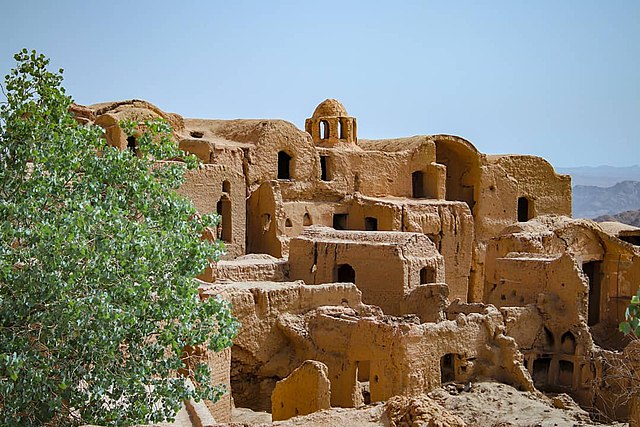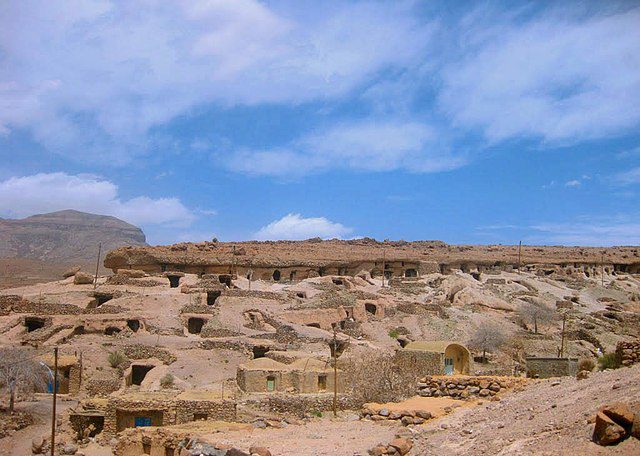Meymand: A Living Testament to Millennia of Human Habitation
Meymand, located in Kerman Province, Iran, is far more than just an ancient village; it’s a living, breathing testament to millennia of human adaptation and continuous habitation. This remarkable cave village is carved directly into the soft, volcanic rock of the mountainside, with many of its troglodyte dwellings having been inhabited for approximately 2,000 to 3,000 years. Some archaeological evidence, including stone engravings and pottery found in the surrounding area, even suggests human presence dating back as far as 12,000 years, making Meymand one of the oldest, if not the oldest, continuously inhabited settlements in the Iranian Plateau.

The ingenious architecture of Meymand showcases a deep understanding of the local environment and a remarkable ability to harness natural resources. The hand-dug caves provide natural insulation, keeping residents cool in the scorching summers and warm during the freezing winters. These multi-story cave homes, often interconnected, form a labyrinthine network of rooms, some still bearing the marks of traditional fireplaces whose soot has actually helped to preserve the rock. This unique, sustainable lifestyle, where the people of Meymand live in harmony with their rugged surroundings, has been maintained for centuries, allowing their ancient traditions and even a distinct dialect to persist.


Recognized as a UNESCO World Heritage Site since 2015, Meymand stands as an unparalleled example of a traditional human settlement that illustrates a significant stage in human history: the evolution of habitat based on transhumance (seasonal migration). While many of the original inhabitants were semi-nomadic pastoralists who would move to higher pastures in warmer months, the core of the village, with its unique cave dwellings, served as their enduring winter refuge. Today, Meymand continues to captivate visitors, offering a rare opportunity to step into a vibrant, ancient world where daily life still echoes the ingenuity of ancestors from thousands of years ago.
